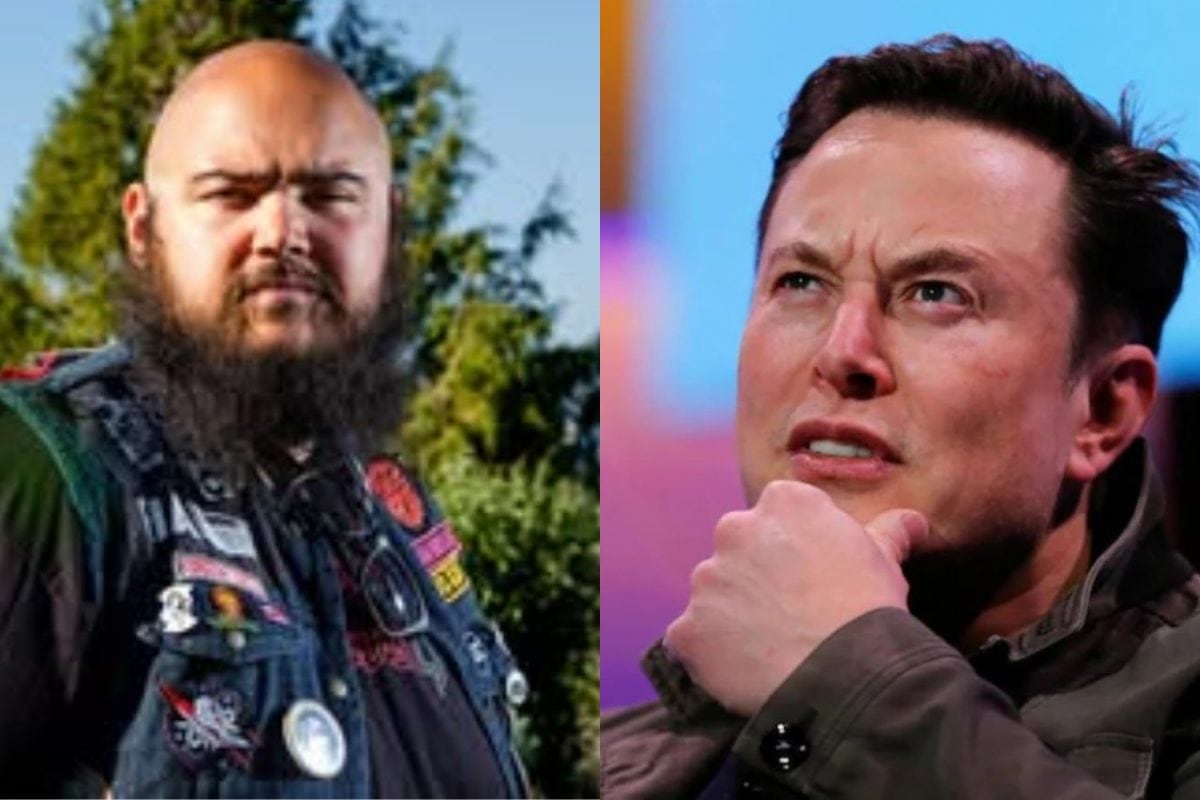

Recent events at Tesla, led by Elon Musk, have sparked renewed debate about leadership styles and their impact on company culture and performance. Two separate incidents, one involving a resignation and another a termination, highlight growing concerns among some employees regarding Musk's leadership and its perceived negative effects on the electric vehicle giant.
Trae Cervantes, a former engineering technician, recently quit Tesla after seven years, citing disillusionment with Elon Musk's actions and involvement in X (formerly Twitter) and politics. Cervantes, who worked at Tesla's Gigafactory in Nevada from 2018, initially held a strong loyalty to Musk and Tesla's mission. Starting as a production associate, he quickly advanced within the company, drawn by career opportunities and competitive pay. However, Musk's increasing focus on X and political matters led Cervantes to believe that Tesla was shifting away from its core mission of innovation. He felt that the company was becoming more about Musk's personal ambitions than its original goals. Cervantes's disillusionment reportedly peaked with what he saw as a morally questionable "giveaway for prospective voters" by Musk, as well as an incident where the Tesla CEO appeared to make a "Nazi salute". These events prompted Cervantes to research Musk's actions and Tesla's unfulfilled promises, such as full self-driving capabilities, ultimately leading to his resignation.
Echoing these sentiments, Matthew LaBrot, a sales manager and five-year Tesla veteran, was reportedly fired after publicly criticizing Musk and blaming him for the company's declining sales. LaBrot created a website called "Tesla Employees Against Elon," where he called for Musk's resignation. He argued that Musk's actions and the damage to his personal brand were negatively impacting Tesla's demand and overall performance. "The problem is demand. The problem is Elon," LaBrot wrote, asserting that the company's issues stemmed from its leadership. LaBrot's website featured an open letter stating that Tesla was at a "pivotal moment" and faced a choice between continuing with Musk as CEO and risking further decline, or moving forward without him to allow the company's products and mission to succeed on their own. According to LaBrot, his termination was a direct result of his activism and criticism of Musk. He stated that his job performance was not a factor in the decision.
These incidents raise questions about Tesla's work culture and the extent to which dissenting voices are tolerated. Some observers suggest that Tesla's environment is "not for the faint of heart," with a high-pressure atmosphere and expectations of unwavering loyalty. The departure of long-time employees and executives in recent years has further fueled speculation about internal dissatisfaction and the potential impact of Musk's leadership on employee morale. While Musk maintains a strong base of support within Tesla, these recent events suggest a growing divide between those who support his vision and those who believe his actions are detrimental to the company's success. The future direction of Tesla will likely depend on how these concerns are addressed and whether the company can maintain its innovative edge amidst the ongoing debate surrounding its leadership.